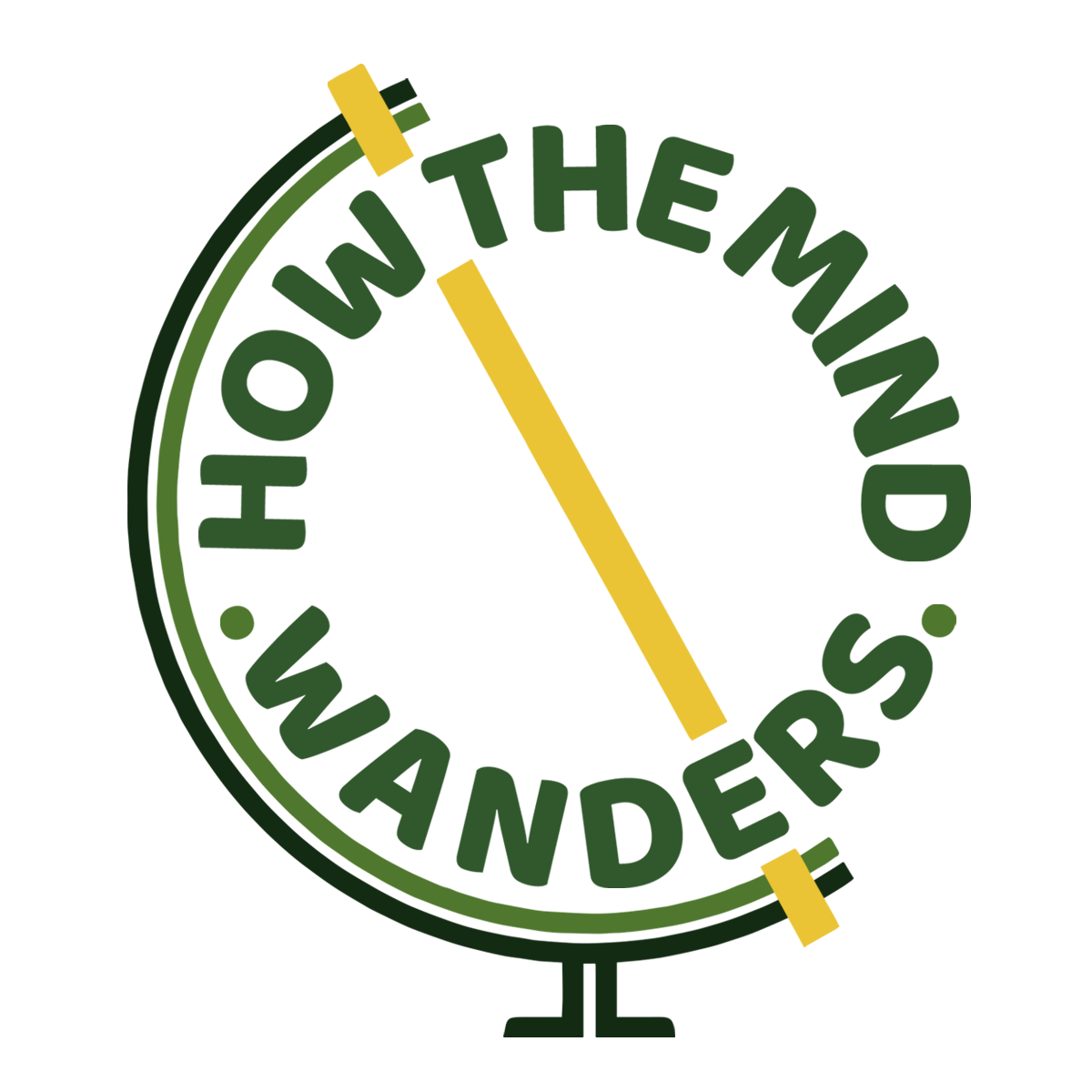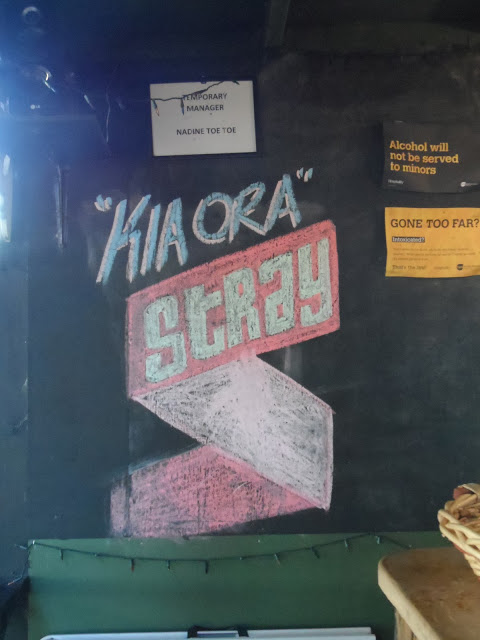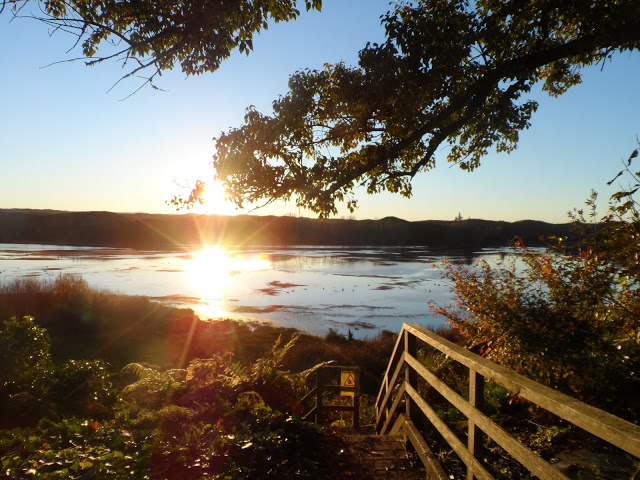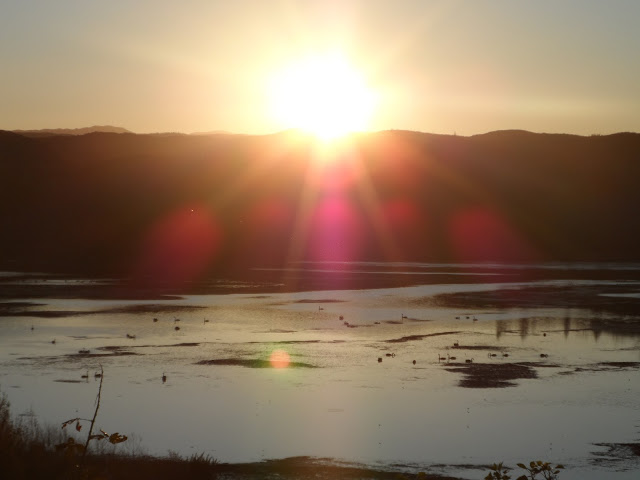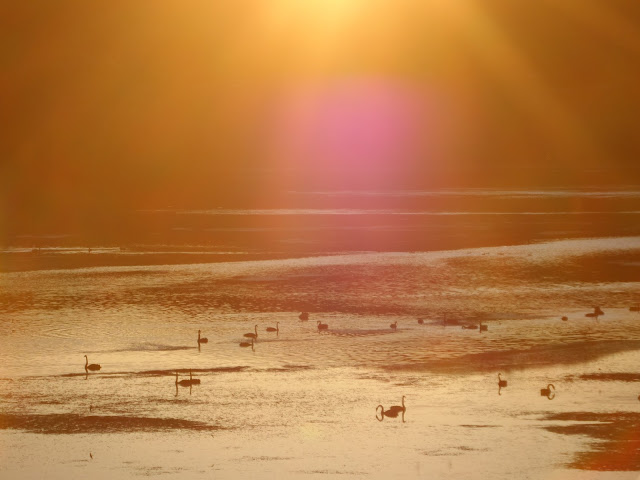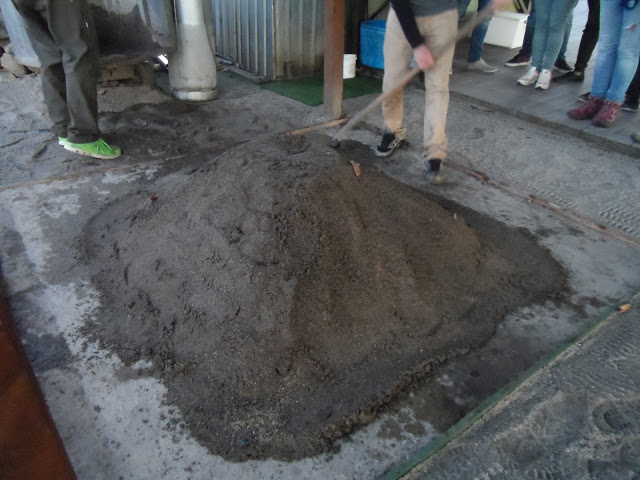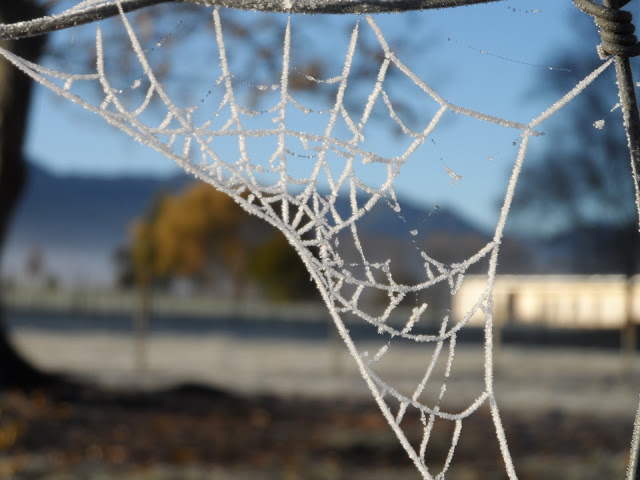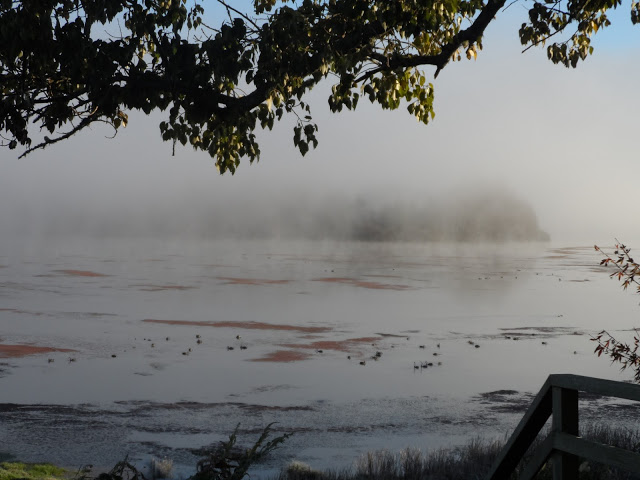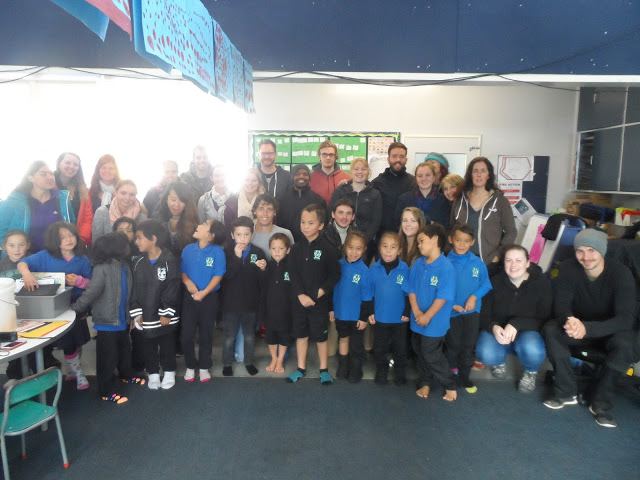Doing Good (Lake Aniwhenua)
‘No one has ever become poor from giving.’ – Anne Frank.
Back in May, I was lucky enough to have the opportunity to visit
Kohutapu Lodge on the banks of Lake Aniwhenua when I
was travelling with Stray.
Kohutapu Lodge on the banks of Lake Aniwhenua when I
was travelling with Stray.
I’ve written briefly about Kohutapu Lodge here, but would
like to dedicate an entire blog post to this awesome family, their amazing
venture and their dedication and passion for the cause they believe in. Trying
to skim over this place in a blog post including other stories just didn’t seem
right – this place deserves its own post to showcase it in all its glory.
like to dedicate an entire blog post to this awesome family, their amazing
venture and their dedication and passion for the cause they believe in. Trying
to skim over this place in a blog post including other stories just didn’t seem
right – this place deserves its own post to showcase it in all its glory.
In an unassuming lay by on State Highway 38, roughly halfway between
Rotorua and Taupo and to the east, we were met by Maurice, who would spend the
next hour or so acting as our guide as we drove steadily towards Lake Aniwhenua
and our destination for the evening. First stop: we dived off into some
woodland beside the highway to see some ancient Maori rock art. Hidden amongst
close growing trees down a narrow, muddy, sunless pathway, the rock art is not
signposted and most people just drive straight past without even noticing the
gap in the trees. It was cold and damp, and we didn’t linger long, but the
artwork was fascinating and Maurice gave an amazing insight into its origins,
its meanings and how it is being preserved for future generations to enjoy. It
is a sacred site for the Maori people and it was easy to see why – the place
felt steeped in ancient history and had great atmosphere.
Rotorua and Taupo and to the east, we were met by Maurice, who would spend the
next hour or so acting as our guide as we drove steadily towards Lake Aniwhenua
and our destination for the evening. First stop: we dived off into some
woodland beside the highway to see some ancient Maori rock art. Hidden amongst
close growing trees down a narrow, muddy, sunless pathway, the rock art is not
signposted and most people just drive straight past without even noticing the
gap in the trees. It was cold and damp, and we didn’t linger long, but the
artwork was fascinating and Maurice gave an amazing insight into its origins,
its meanings and how it is being preserved for future generations to enjoy. It
is a sacred site for the Maori people and it was easy to see why – the place
felt steeped in ancient history and had great atmosphere.
Our next stop was at Aniwhenua Falls. Lake Aniwhenua is a ‘a shallow
hydro lake on the Rangitaiki River’. The Rangitaiki River is the longest river
in the Bay of Plenty region and Aniwhenua Falls lie downstream of the dam that
holds water back in the lake itself. Maurice explained that the dam causes
problems for the eel population that lives in the river – it blocks their
migration path. The eels are his tribes spiritual animal and the tribe
help the eels to migrate by catching them and taking them downstream of the dam
so that they can swim out to sea. Once in the Pacific, the eels head north for
Tonga, where they spawn little baby eels or elvers. These elvers are unable to
swim for the first few years of their lives and drift in the ocean currents.
Around the time they reach White Island (a volcanic island off the coast of New
Zealand), they reach the age where they can swim and their homing instincts
kick in – they head straight for the river their parents came from and once
again, the Maori tribe help them – this time taking them above the dam so that
they can mature in the headwaters of the river. Maurice showed us photos of
adult eels – they were huge.
hydro lake on the Rangitaiki River’. The Rangitaiki River is the longest river
in the Bay of Plenty region and Aniwhenua Falls lie downstream of the dam that
holds water back in the lake itself. Maurice explained that the dam causes
problems for the eel population that lives in the river – it blocks their
migration path. The eels are his tribes spiritual animal and the tribe
help the eels to migrate by catching them and taking them downstream of the dam
so that they can swim out to sea. Once in the Pacific, the eels head north for
Tonga, where they spawn little baby eels or elvers. These elvers are unable to
swim for the first few years of their lives and drift in the ocean currents.
Around the time they reach White Island (a volcanic island off the coast of New
Zealand), they reach the age where they can swim and their homing instincts
kick in – they head straight for the river their parents came from and once
again, the Maori tribe help them – this time taking them above the dam so that
they can mature in the headwaters of the river. Maurice showed us photos of
adult eels – they were huge.
As the sun began to set, we arrived at Kohutapu Lodge and were met by
Nadine. I instantly warmed to her bright, bubbly personality as she welcomed us
to her home and explained a little about the evening that lay ahead. Her
daughter jumped on board the bus too and said hello to everyone.
Nadine. I instantly warmed to her bright, bubbly personality as she welcomed us
to her home and explained a little about the evening that lay ahead. Her
daughter jumped on board the bus too and said hello to everyone.
Once we had disembarked, unloaded all our stuff from the bus, chosen
our rooms and paid, we had just enough time to chill out for a few minutes
before the hangi was put into the ground for our feast that would be later that
evening. A few of us headed straight to the viewing spot overlooking the lake
and took photos, enjoying watching the sun go down behind the
hills opposite. The lake was busy with various bird life and glowed orange as
the sun sank.
our rooms and paid, we had just enough time to chill out for a few minutes
before the hangi was put into the ground for our feast that would be later that
evening. A few of us headed straight to the viewing spot overlooking the lake
and took photos, enjoying watching the sun go down behind the
hills opposite. The lake was busy with various bird life and glowed orange as
the sun sank.
The process of making hangi was explained to us by Nadine as Karl, her
husband, and their two WWOOFers put the food in baskets on top of the hot
rocks and then covered it with damp cloths and soil to seal in the heat. The
food would then effectively steam/smoke over the rocks and under the damp
cloths for about 3 hours before it would be ready to eat.
husband, and their two WWOOFers put the food in baskets on top of the hot
rocks and then covered it with damp cloths and soil to seal in the heat. The
food would then effectively steam/smoke over the rocks and under the damp
cloths for about 3 hours before it would be ready to eat.
Whilst the hangi was cooking, we set about doing the various
activities that the lodge offers. Some of us did weaving, whilst others made
fried bread to go with our hangi. It was very cold, but wonderful to sit on the
deck with a beer and make our woven bracelets, chatting and listening to music and
having a laugh. As the hours passed, we grew hungrier and hungrier until most
of us could no longer wait for the hangi and literally jumped on the food as
soon as we could!
activities that the lodge offers. Some of us did weaving, whilst others made
fried bread to go with our hangi. It was very cold, but wonderful to sit on the
deck with a beer and make our woven bracelets, chatting and listening to music and
having a laugh. As the hours passed, we grew hungrier and hungrier until most
of us could no longer wait for the hangi and literally jumped on the food as
soon as we could!
The food was blessed for us before we began eating and we ate from
traditional woven baskets lined with tin foil. As well as the hangi (pork,
chicken, vegetables, potatoes and stuffing cooked over the stones) there was a
variety of salads, the fried bread that some of our group had made and amazing
gravy. As someone who just adores a good roast dinner, I can’t begin to tell
you how great it was to dig into all that stunning food, one of the most
delicious meals I’ve eaten whilst I’ve been in New Zealand. The smokiness from
the fire had flavoured the vegetables and potatoes beautifully, and there was
enough for us to go back for seconds and even thirds, if we wanted.
traditional woven baskets lined with tin foil. As well as the hangi (pork,
chicken, vegetables, potatoes and stuffing cooked over the stones) there was a
variety of salads, the fried bread that some of our group had made and amazing
gravy. As someone who just adores a good roast dinner, I can’t begin to tell
you how great it was to dig into all that stunning food, one of the most
delicious meals I’ve eaten whilst I’ve been in New Zealand. The smokiness from
the fire had flavoured the vegetables and potatoes beautifully, and there was
enough for us to go back for seconds and even thirds, if we wanted.
Nadine explained to us that Maori hospitality dictates that food
provided for guests should never run out. Therefore, Maoris always cook much
more food than they need to so that they do not insult their guests by running
out of food to eat. She then explained that at the lodge, they believed it was
extremely wasteful to throw away leftover food that guests did not eat. She
went on to tell us how much Maori respect their elders, and how much they care
for the younger generation – the children and teenagers who are growing up and
carrying on the traditions their elders instill in them. She told us about the
local area – how impoverished it is as many people are unemployed, and how the
nearby town has a high crime rate, with alcoholism, drug abuse and a gang
culture.
provided for guests should never run out. Therefore, Maoris always cook much
more food than they need to so that they do not insult their guests by running
out of food to eat. She then explained that at the lodge, they believed it was
extremely wasteful to throw away leftover food that guests did not eat. She
went on to tell us how much Maori respect their elders, and how much they care
for the younger generation – the children and teenagers who are growing up and
carrying on the traditions their elders instill in them. She told us about the
local area – how impoverished it is as many people are unemployed, and how the
nearby town has a high crime rate, with alcoholism, drug abuse and a gang
culture.
Since Nadine and her family believed throwing away leftover food is
wrong, they came up with a fantastic solution to the problem. Not only would it
ensure food was not wasted, but it would also benefit the local area and the
children at the school in the nearby town. It was amazingly simple and yet so
perfect. I honestly don’t know why more people do not do this – it seems to be
the best solution to the problem of food wastage. All leftover food at the
lodge gets packed up into boxes and taken the next morning to the children at a
local school, which is a fantastic idea. Not only does it mean no food gets
wasted, but it provides the kids with a solid meal for the day, when otherwise
they might go without. It also means that we Stray travelers can go into the
school and tell the children a bit about ourselves and the countries we come
from, providing them with a valuable insight into life beyond their small town
in the middle of nowhere in New Zealand that they would otherwise not get. It’s
a win win situation in my opinion.
wrong, they came up with a fantastic solution to the problem. Not only would it
ensure food was not wasted, but it would also benefit the local area and the
children at the school in the nearby town. It was amazingly simple and yet so
perfect. I honestly don’t know why more people do not do this – it seems to be
the best solution to the problem of food wastage. All leftover food at the
lodge gets packed up into boxes and taken the next morning to the children at a
local school, which is a fantastic idea. Not only does it mean no food gets
wasted, but it provides the kids with a solid meal for the day, when otherwise
they might go without. It also means that we Stray travelers can go into the
school and tell the children a bit about ourselves and the countries we come
from, providing them with a valuable insight into life beyond their small town
in the middle of nowhere in New Zealand that they would otherwise not get. It’s
a win win situation in my opinion.
Above: Nadine used this quote to finish her speech after our hangi – I definitely think that it’s true!!
After dinner, we drank some more beer and chatted before bed. We had another early start the following morning and awoke to a hard frost and a beautiful morning mist, which veiled the lake and made for some great photos as the sun rose. I skipped breakfast, deciding to wait for brunch in Taupo, in favour of taking some extra time for photos.
Above: a cold and frosty morning at the lodge
We were soon on our way to the local school where we would be meeting a class of children and speaking to them about our different countries. There was a great mix of nationalities in our group – Welsh, English, Scottish, Danish, Swedish, German, Canadian, French, American… The list goes on. We were welcomed by Class 5 and their teacher. Everyone told the children about themselves – name, where they were from, a little about that country. I told the children about my home town in mid-Wales, Llanwrtyd Wells, where we have several wacky sporting events every year, such as the Bog Snorkelling and Man v. Horse Marathon. Other people described their favourite national food, talked about London or mentioned sports native to their country. After everyone had spoken, we spent some time chatting to the kids and playing with them – boxes of bricks were brought out and the more confident children chatted away happily with us. Before long, the bell sounded to signal break time and there was one quick photo opportunity and the children performed the haka for us before they ran off outside to play. We left the school smiling and pleased to have met all the kids.
Above: my Stray group with the children at the school we visited
Nadine and Karl are very obviously extremely passionate about this
project. It is more than a business or a ‘venture’ for them – it is something
they one hundred percent believe in and are completely committed to. They are
innovators who are determined to make changes in their local community and
prove that tourism can directly and positively impact their region. By bringing
us to the community, we visitors also see how we have contributed and where the
money that we pay into our stay at the lodge goes. And all this while providing
a fun, light-hearted, relaxed and interesting stay in a truly beautiful
location at their lakeside lodge.
project. It is more than a business or a ‘venture’ for them – it is something
they one hundred percent believe in and are completely committed to. They are
innovators who are determined to make changes in their local community and
prove that tourism can directly and positively impact their region. By bringing
us to the community, we visitors also see how we have contributed and where the
money that we pay into our stay at the lodge goes. And all this while providing
a fun, light-hearted, relaxed and interesting stay in a truly beautiful
location at their lakeside lodge.
If you want to get truly off the beaten track in New Zealand, and
experience something totally amazing and unlike anything else that’s on offer
in this wonderful country, I cannot recommend Kohutapu Lodge highly enough. You
will be made to feel like part of the family, you will be given delicious food,
you will come away feeling like a weight has been lifted off your shoulders.
Nadine and Karl and their family have something really special on the banks of
Lake Aniwhenua – and everyone needs to know about it!!
experience something totally amazing and unlike anything else that’s on offer
in this wonderful country, I cannot recommend Kohutapu Lodge highly enough. You
will be made to feel like part of the family, you will be given delicious food,
you will come away feeling like a weight has been lifted off your shoulders.
Nadine and Karl and their family have something really special on the banks of
Lake Aniwhenua – and everyone needs to know about it!!
The
Logistics
Logistics
I traveled to Kohutapu Lodge with Stray, but you can easily drive
there yourself from Rotorua or Taupo – the trip will take approximately an hour
from either town. Check out their website on the link provided – all the
information you need will be there at your disposal, including booking details
and prices of activities etc. They also hire out the lodge as a wedding venue –
the lake would make for some pretty sweet photos!!
there yourself from Rotorua or Taupo – the trip will take approximately an hour
from either town. Check out their website on the link provided – all the
information you need will be there at your disposal, including booking details
and prices of activities etc. They also hire out the lodge as a wedding venue –
the lake would make for some pretty sweet photos!!
‘We make a living by what we get, but we make a life by what we give.’ – Winston Churchill.
Share
